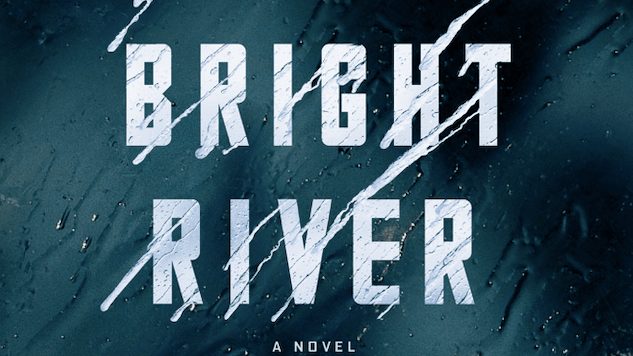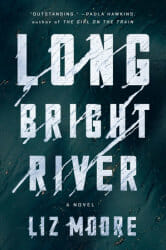A Woman Searches for Her Sister and a Killer in Long Bright River

Liz Moore guides readers into the heart of Philadelphia’s working class in Long Bright River, her new novel exploring drug addiction, poverty and how both make people vulnerable to predation.
Protagonist Mickey is a Philadelphia cop, responsible for patrolling the impoverished and high-crime neighborhood of Kensington. The neighborhood is also where Mickey’s sister Kacey, an addict and occasional sex worker, tends to be found. When a string of murders targeting women like Kacey begins, Mickey becomes desperate to find her sister and whoever is preying on the women—a desire that’s at odds with her equally strong drive to protect her son and to avoid her dangerous family.
Moore weaves together multiple subplots throughout her novel, all of which contribute to Mickey’s place within Philadelphia’s white working poor. Mickey and Kacey lost their mother to addiction and their father left them to be raised by their maternal grandmother, a hard woman who provided but never showed affection. Mickey ended up being groomed as a teenager by a detective who showed her the attention she lacked at home, and it was because of him that she became a cop.
-

-

-

-

-

-

-

-

-

-

-

-

-

-

-

-

-

-

-

-

-

-

-

-

-

-

-

-

-

-

-

-

-

-

-

-

-

-

-

-

 As a protagonist, Mickey is a complex figure. She straddles the two worlds at the heart of the story—the down and out of Kensington and the city’s police forces—but isn’t truly part of either. Mickey, isolated in her job and alienating to the community she serves, proves ineffectual despite her desire to take action. Blinded by her constant anxiety, she (and thus the reader) views the world as chaotic and dangerous. Sadly, there isn’t a fulfilling reckoning when Mickey’s confronted with the fact that her own actions drove much of that chaos.
As a protagonist, Mickey is a complex figure. She straddles the two worlds at the heart of the story—the down and out of Kensington and the city’s police forces—but isn’t truly part of either. Mickey, isolated in her job and alienating to the community she serves, proves ineffectual despite her desire to take action. Blinded by her constant anxiety, she (and thus the reader) views the world as chaotic and dangerous. Sadly, there isn’t a fulfilling reckoning when Mickey’s confronted with the fact that her own actions drove much of that chaos.






































